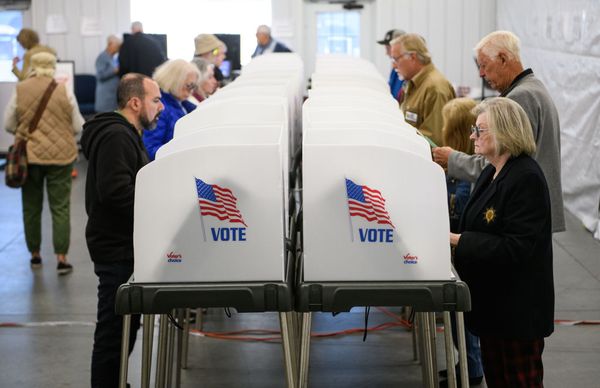
The government’s vision is refreshing but does Britain have the wherewithal to capitalise on it?
During Rishi Sunak’s recent visit to Washington, he announced the UK would host “the first global summit” on artificial-intelligence regulation later this year, said Astha Rajvanshi in Time.
- SEE MORE Pros and cons of artificial intelligence
- SEE MORE Jedis to Jilly Cooper: a few of Rishi Sunak’s favourite things
- SEE MORE Six good news stories about AI
There’s a pressing need for it. In March, a group of AI experts raised the alarm about the risks to society posed by OpenAI’s ChatGPT and the like, calling for “a six-month pause in development”. Last month, an open letter signed by hundreds of AI executives – including the CEOs of OpenAI and Google DeepMind – stated that mitigating “the risk of extinction” from AI should be a global priority, up there with fending off “pandemics and nuclear war”.
It’s a moot point, though, whether a “midsize country” like the UK is really best placed to embrace the challenge of becoming the world’s AI referee. Sunak “bristled” when the question was put to him. But the cynical view is that the gambit is an attempt to find some kind of global significance, post-Brexit.
“It’s hard not to cringe” at Sunak’s declaration that Britain should “lead the way”, said Parmy Olson on Bloomberg. After all, Brexit “hasn’t exactly inspired confidence in British policymaking”.
Yet Brexit is partly why the UK could successfully fill the watchdog role. AI is moving fast and, “having thrown off the shackles of EU frameworks and obligations”, Britain could quickly draw up rules. By contrast, it will be another two years before the EU’s AI Act comes into force, and “aggressive Silicon Valley lobbying” makes it unlikely the US will set up an independent AI regulator any time soon.
The Brits have other assets too, including a history of moving fast on tech governance and “a formidable commercial law sector”. London hosts one of the world’s biggest AI companies, Google DeepMind, whose technologists regularly advise the Government. All in, it offers “a temperate middle ground between the onerous approach of Europe and the more laissez-faire US”.
This is a “pivotal” moment for the UK tech scene, said Brent Hoberman in The Times. Finally, we have a Government that is showing real leadership.
Well, up to a point, said The Economist. “Sunak’s vim and his readiness to champion AI are welcome”, but his plans to become a global hub could well fall short. The main issue is that US dominance in tech “exerts a steady pull on capital, people and ideas, and American firms duly dominate in AI”. Another is our lack of what techies call “compute” – the big “GPU” chip clusters that AI needs to train and run large models. At present, we’d even struggle to ensure “a reliable supply of clean, affordable energy”.
It’s good to think big, but there are plenty of hurdles to overcome before “BritGPT” becomes an AI “superpower”.







